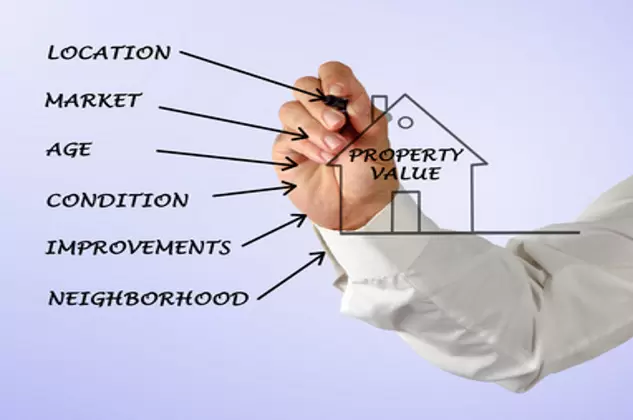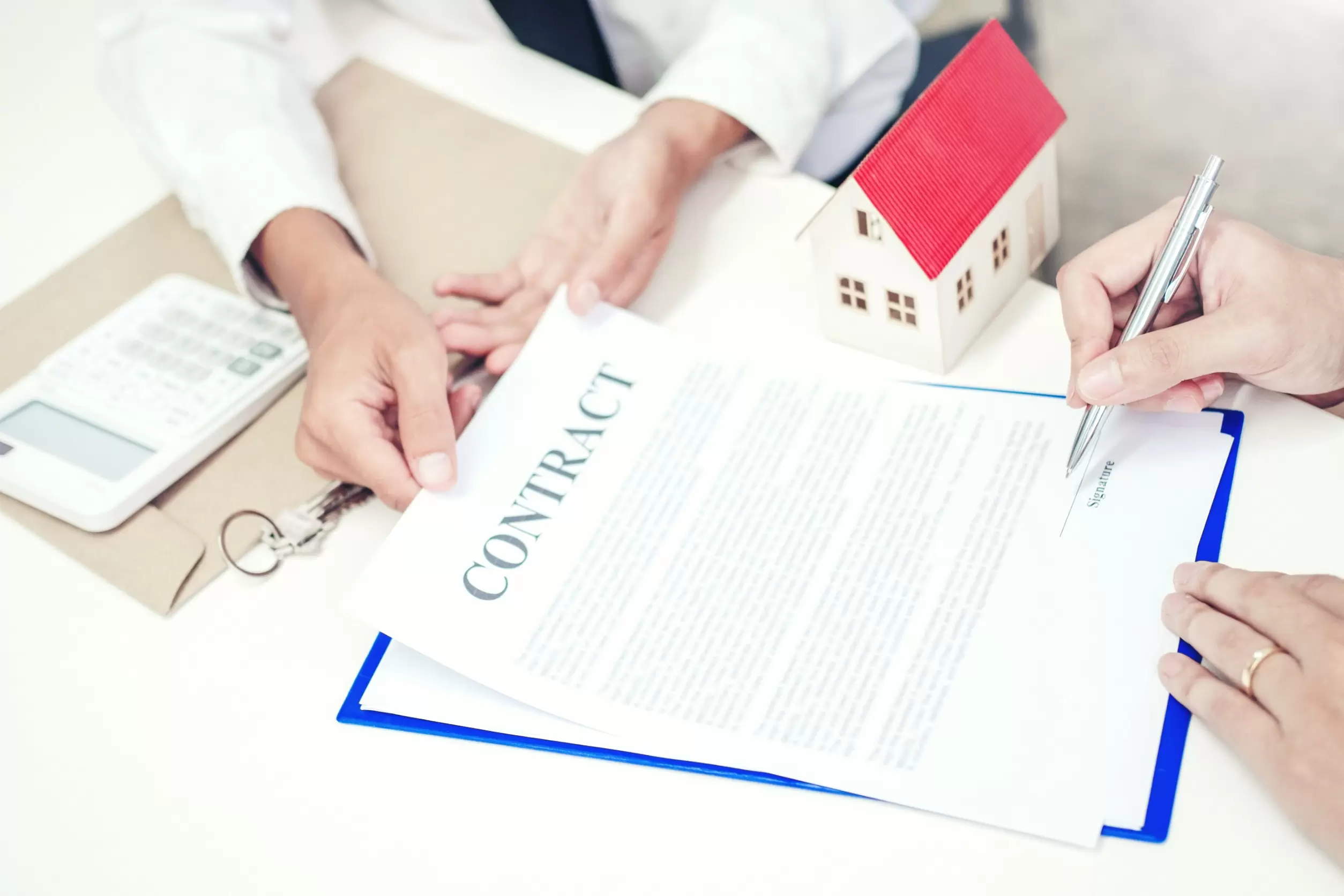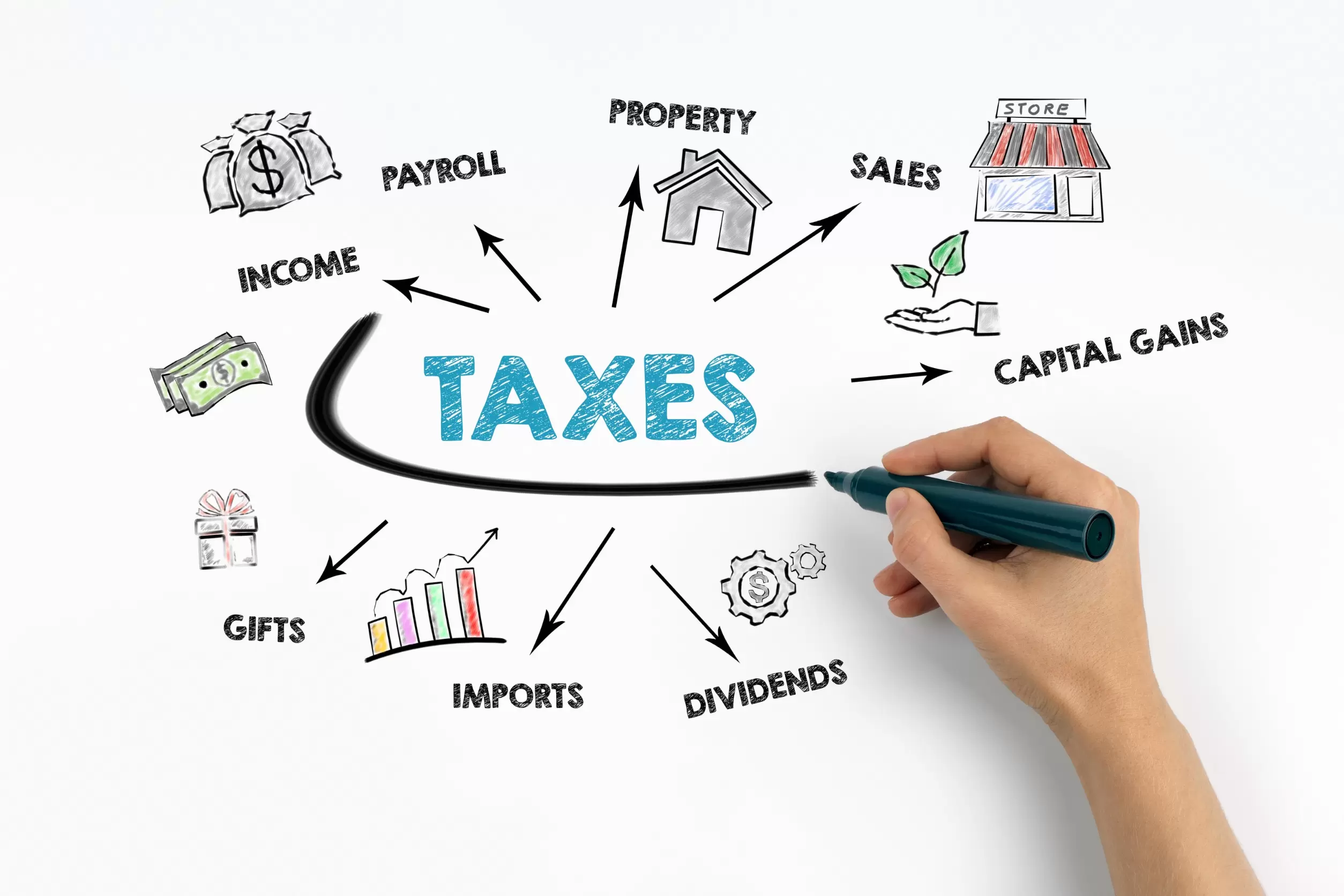
Before you start the property transaction in Spain, you need to have all the necessary documentation. This includes getting a Certificate of tax residence, which proves your fiscal status, and a Nota Simple, an extract from the Spanish Land Registry that has all the information about the property.
For new builds you may need to get a First Occupancy Licence, for older properties a Certificate of Habitability. And if you are not a tax resident in Spain, this will affect many aspects of your property sale, so it’s better to confirm your residency status early. These documents are essential to make the sale process smooth.
Many of the articles in this section of the website are about buying property in Spain, but what if you are selling property in Spain, this guide will cover the main points you need to consider – from estate agents to lawyers in Spain and from taxes to utility bills.
Want to hear what other clients
are saying about us?

1. Advertising the Property in Spain
Anyone who has spent any time in Spain will have seen the Se Vende signs stuck in various angles from houses and apartment windows. But this is quite old fashioned and is not seen nearly as often nowadays.
Another option that has been popular in recent times has been to advertise the property via an internet property site. Of course this can reach a much larger audience, anywhere in the world, though the effectiveness will depend on the website you choose to advertise the property in Spain. Some of these companies offer their services for free, others charge.
Of course another more traditional way would be to contract a local estate agent to market the property. As mentioned before the biggest downside of this is that the agent will charge a fee, though it’s worth pointing out that this will normally be a percentage of the sales price, and therefore they have to be successful in order to benefit.
When listing your property, especially in popular tourist areas like the Canary Islands or Balearic Islands, highlight the unique features that will appeal to both local and international buyers. These regions have specific regulations and tax implications that will affect the sale process. Engaging a professional property management service can be beneficial, especially for sellers who are not resident in Spain, as they can handle viewings and maintenance until the sale is complete.
2. Practical Tips for Marketing a Property for Sale in Spain
To sell your property quickly and for the best price, you need to focus on presentation and marketing. Here are some practical tips:
- Enhance Curb Appeal: First impressions count. Make sure the outside of your property is well maintained. This means mowing the lawn, trimming the hedges and maybe adding some potted plants for a welcoming touch. A fresh coat of paint on the front door can make a big difference.
- Professional Photography: High quality photos are essential as these are the first thing potential buyers see online. Hire a professional photographer who can take your property in the best light, highlighting the key features and spaciousness. Aim for around 25-30 photos in your listing to give a full view of the property.
- Declutter and Depersonalise: Remove personal items and excess furniture to make the space look bigger and more inviting. Buyers need to be able to imagine themselves living in the space, which is easier when it’s not cluttered with personal belongings.
- Highlight Key Features: Write an appealing property description that highlights the best features of your home, such as a newly renovated kitchen, proximity to local amenities or stunning views. Be honest but highlight what makes your real property in Spain different from others.
- Use Online Listings: List your property on popular real estate websites. These platforms attract a large number of potential buyers and offer various tools to enhance your listing, such as virtual tours and floor plans. If you have engaged a reputable estate agent to market the property, they will take care of this for you.
- Set a Competitive Price: Do a market study to set a realistic and competitive price for your property. Overpricing can deter buyers, underpricing can lead to a loss. Use the tools available on real estate websites to estimate your property’s value accurately.
- Use Social Media: Promote your property on social media. Share your listing on Facebook, Instagram and other platforms to reach a wider audience. Social media can be very effective in attracting international buyers.
- Prepare for Viewings: Make sure your property is clean and tidy for viewings. Consider ‘staging’ each room with tasteful furniture and decor to help buyers see the full potential of the space. Keep the property well ventilated and well lit during visits.

3. Spanish Real Estate Agents Fees
At the height of the Spanish property boom in the early 2000s, estate agents could charge up to 18% of the sales price!
However, due to the competition from internet marketing models mentioned above, fees have been in decline for a long time and it’s now quite normal to be quoted a fee of between 3% and 5%.
When dealing with an estate agent, be careful they don’t ask you to sign an exclusivity contract, i.e. that you won’t contract another estate agent or company to market your property.
While you may be able to negotiate a lower commission if they are given exclusive rights to market the property, this has to be balanced against the benefit of being able to market the property across multiple agencies and internet sites.
Any contract, exclusive or otherwise, should clearly state the commission fee the agent will charge for selling the property.
One of the main benefits of contracting a local estate agent is that they can show the property in Spain when you are out of the country. They will also know the best forms of local marketing, such as which papers to advertise in. But ask them what forms of marketing they will use to market your property to get a better idea.
Before engaging an agent, request a Certificate of outstanding debt to ensure there are no hidden financial obligations attached to the property.
This includes verifying that all Local Council Rates and fees to the Community of property owners are up to date. The valor catastral, or cadastral value, of the property should also be checked as it affects various tax calculations, including taxes you may be liable for after the sale.
Want to hear what other clients
are saying about us?

4. The Selling Process: Closing and Payment
Once an offer has been made and accepted on the property, then typically the buyer’s lawyer will do the due diligence checks on the property in Spain. Assuming no issues arise, the next step is to prepare and sign what is known as a ‘deposit contract’. This involves a deposit being paid by the property buyer which effectively grants an exclusive right to buy with a date set for the purchase to be completed.
Having an English speaking Spanish lawyer to guide you through this process is invaluable especially if you’re not fluent in Spanish.
During the closing process you’ll need to present various sales documents, including your ID (such as your Spanish NIE number) and the house purchase contract. Payment can be made by bank cheque or bank transfer depending on the agreement between parties. Make sure any existing direct debits related to the property are cancelled or transferred to avoid future problems.
If the sale doesn’t go through due to the buyer changing their mind then their deposit (often 10% of the purchase price) is lost. During the selling property in Spain process if the failure of the property transfer is caused by the seller then they are obliged to pay the buyer 20% i.e. double the amount of the deposit.
Once again assuming everything goes smoothly the next important date is ‘the closing’. This is a meeting that will include any or all of the following: the buyer, the seller, their lawyers, the bank representatives and the notary. The notary is required as the purchase deed is a public document and needs to be witnessed by a notary.
At the closing stage you will need to sign the public deeds of ownership though it is sufficient for your lawyer to be present if they have full power of attorney.
5. Payment of the purchase monies
Payment is made typically with a bank guaranteed cheque though it may be possible to use the notary’s escrow account. The public deeds will contain a detailed description of the property as well as the details of the buyer, seller, purchase price, form of payment and any other relevant conditions.

6. Terms & Conditions
It’s worth highlighting that it’s recommended to contract the services of a lawyer for the sale of such an important and expensive asset as Spanish property.There can be many terms in a typical deed of sale-purchase of property and such terms can assign responsibility for the payment of taxes such as the sales taxes on one or other of the parties, regardless of who is typically responsible for their payment.
So to avoid the possibility of unwittingly accepting responsibility for taxes you are not liable for or indeed agreeing to any other disadvantageous terms, make sure to have a qualified lawyer assist you with the sale.
For UK residents selling property in Spain, considerations around the double taxation agreement UK-Spain may also be relevant and something your lawyer should advise on.

7. How much tax do you pay when selling property in Spain?
A transfer of property in Spain can work differently from other jurisdictions and so it’s important to be aware of the assumptions the law makes with regards to responsibilities and liabilities for payments of taxes and charges when selling property in Spain.
The tax implications of selling property can vary depending on your residency status and whether the property was acquired through inheritance or as an investment. Non-residents should be particularly aware of the need for a Certificate of tax residence from their home country to avoid higher withholding taxes. If you’re entitled to a spain tax refund following the sale your lawyer can help navigate this process.
In the context of taxes payable on the sale of property in Spain it’s worth mentioning that a sale does generate a potential obligation to pay taxes, it does at least avoid potential liability for inheritance tax in Spain which may be more costly when legal and notary fees are taken into consideration.
The main taxes and charges connected with property ownership include the following: IVA or ITP (VAT on new or second-hand homes) Plusvalía , IBI (Local Municipal Tax), Comunidad Charge (If in a shared building or urbanisation), utility bills and, of course, any mortgage in Spain on the property.
8. ITP
Where the property being sold is second-hand then the tax payable is ITP and the rate is typically between 7% and 8% depending in which region the property is located, as ITP is set by the regional government rather than at a state level and so varies a little as between each region.
When buying a new property IVA is paid on the purchase price to the developer or promoter when buying the property. It is then the responsibility of the developer or promoter to make their IVA returns to Hacienda (Spanish Tax Authorities) in the usual way. If a second-hand property is being purchased then it is the responsibility of the purchaser to pay this tax directly (using form 600) in the local tax offices within one month of signing the deeds.
9. IBI
Municipal tax in Spain is know as IBI (Impuesto de Bienes Inmuebles). It may be the case that the vendor has already paid the local municipal property tax in Spain for the full year, yet will only be in the property for a portion of that time.
If that is the case then upon facilitation of receipts showing payment of the tax, a vendor will be entitled to add this extra amount to the price of the property. In any case the new property owners will be anxious to see receipts for the previous and current years IBI as they are otherwise liable. The purchaser’s lawyer will typically request a copy of the town hall receipt showing payment was made by the vendor.
10. Plusvalía tax
This tax is ordinarily the responsibility of the vendor as they have benefited from the increase in the value of the property since they previously bought it.
This is not written in stone however and should the two parties come to an agreement it can become the responsibility of the purchaser to discharge this liability. In fact, where the vendor is a non-resident this liability actually shifts to the purchaser.
Of course if the vendor is resident and reinvests the funds in another primary residence then there is no liability for plusvalía. If however, the vendor is a non-resident then the purchaser is obliged to retain 3% of the selling price and pay this to the tax office. Evidence of payment is demonstrated with a stamped copy of form 211 and the vendor can then deduct the same amount from the selling price.

11. Tax on Capital Gains
As is the case when you sell property in the UK or indeed sell any overseas property, you may have to pay capital gains tax when you sell property in Spain.
The amount of capital gains tax in Spain you must pay is based on the difference between the purchase and sale price of the property in Spain. The idea is that if you have made a capital gain, you must pay tax on that capital gain. Given the increase in Spanish property prices over recent years, this can be a big sum.
- Up to 6.000 Euros: 19%.
- From 6.000 to 50.000 Euros: 21%.
- From 50.000 Euros to 200,000 Euros: 23%.
- Above 200,000 Euros: 26%
Non-EU/EEA residents pay a standard rate of 19% and this rises to 24% for non-residents from outside the EU/EEA.
Firstly, it is necessary to take into account that on the day of the signing of the sales deeds, the purchaser will retain 3% of the sales price in order to comply with their obligation to deposit this amount with the Spanish tax authorities, using Form 211, within a period of one month.
12. Exemptions from Tax on Capital Gains
There is an exemption from Capital Gains tax for residents over 65 or those who reinvest in a new Spanish property.
The period to reinvest the funds in the purchase of a new personal, primary, principal home is 2 years from the date of the sale of the property.
If a Spanish tax resident - or a tax resident of any EU/EEA state sells the home dwelling (having lived there for a minimum of 3 years prior to the date of sale) AND being 65 years of age or more, then the capital gains tax is totally tax free, without any other requirements: Article 38 of Law 35/2006.
If the seller invests the proceeds (fully or partially) of the sale of the Spanish property (being this property the habitual residence) in another property with the same purpose (being used as habitual residence), those funds would be tax free -this exemption is only to be applied to the citizens of certain countries (all of the European Union, and Iceland and Norway)-.
If there is no profit on the sale (or if the profit is less than the 3% of the purchase price initially retained by the buyer), then you can claim back the whole of the 3% retention or part thereof. You may also be able to do so if you have paid the previous four years non-resident tax.
Want to hear what other clients
are saying about us?
13. Capital gains tax rate changes following Brexit
Now that British citizens are considered non-EU citizens- for tax purposes - any profit on the sale of a property where the British citizen is non-resident in Spain will be taxed at a standard rate of 24%.
On the other hand, should the British citizen be ordinarily resident in Spain, they will be taxed at the same rate as other residents i.e. in a range of 19% - 26%.

14. Lawyers Fees
Legal fees will vary according to the law firm you instruct to assist with the sale of the property, but will typically amount to somewhere between 0.5% - 1% of the value of the property.
15. Non-Residents: 3% Withholding Retention on Selling
Firstly, it is important to distinguish between the vendor who is a Spanish resident and the vendor who is non-resident.
In the latter case, there are tax implications in that it is necessary to take into account that on the day of the signing of the property deeds, the purchaser will retain 3% of the sales price and does so in order to comply with their obligation to deposit this amount with the Spanish tax office, using Form 211, within a period of one month.
This 3% contributes towards the total 21% (soon reducing to 19%) central government Capital Gains tax. If there is no profit on the sale, then you can claim back this 3%. You may also be able to do so if you have paid the previous four years non-resident tax.
You can also have the money paid directly to your UK bank account – you just need to have the lawyer managing this for you to make the appropriate application to the Tax Office.
16. Additional Costs
In addition to the taxes that correspond to the vendor it is convenient here to mention the other costs associated with a property sale, like for example the Energy Efficiency Certificate.This is an Energy Performance certificate that measures the energy consumption of the property compared to an established norm and must be taken to the Notary on the day of the signing.
Also, worth mentioning are the expenses associated with the cancellation of any mortgage held by the vendor as well as the Notary fees and the contingent Spanish land registry fees.
17. Legal Considerations for International Sellers
When selling property in Spain as a foreign national there are several legal considerations to be aware of. Having your Spanish NIE number (Número de Identidad de Extranjero) is essential for any property transaction in Spain. This identification number is required for all property related paperwork and tax filings.
The Spanish land registry (Registro de la Propiedad) plays a key role in property transactions. Before selling, make sure your property is registered and all details are up to date. Your lawyer should check the land registry to verify there are no liens, encumbrances or other issues that could complicate the sale.
For UK residents selling property in Spain, the double taxation agreement UK-Spain may allow you to offset some of the taxes paid in Spain against your UK tax liability. Consult with a tax advisor familiar with both Spanish and UK tax systems is highly recommended to optimise your tax position.
Want to hear what other clients
are saying about us?
18. Frequently Asked Questions
How do I avoid Capital Gains Tax on my property in Spain?
- Primary Residence Exemption: If the property has been your primary residence in Spain for at least three years and you are over 65, you may be exempt from Capital Gains Tax.
- Reinvestment in Primary Residence: Reinvesting the sale proceeds into another primary residence within two years can exempt you from the tax.
- EU/EEA Residents: If you are an EU/EEA resident, reinvesting in a property within the EU/EEA may also qualify for tax relief.
What taxes do you pay when you sell a property in Spain?
- Capital Gains Tax (CGT): You must pay CGT on the profit made from the sale. The tax rate ranges from 19% to 26%, depending on the amount of gain.
- Plusvalía Tax: This municipal tax is based on the increase in the value of the land since its last sale. The rate varies by municipality.
- Income Tax for Non-Residents: Non-residents must pay a 3% withholding tax on the sale price, which is deducted by the buyer and paid to the tax authorities.
What are the rules on selling a property in Spain?
When selling a property in Spain, you should consider the following:
- Property Ownership: Ensure you have clear legal title to the property.
- Energy Performance Certificate (EPC): Obtain an EPC, which is required by law before selling.
- Capital Gains Tax (CGT): Be prepared to pay CGT on the profit from the sale. Rates range from 19% to 26%.
- Plusvalía Tax: This municipal tax is based on the increase in land value since its last sale.
- Non-Resident Sellers: Non-residents must have 3% of the sale price withheld by the buyer for the tax authorities.
- Legal Fees: Consider costs for notary, land registry, and potential real estate agent fees.
What paperwork do I need to sell my house in Spain?
- Title Deed (Escritura): Proof of property ownership.
- Energy Performance Certificate (EPC): Required by law to provide to buyers.
- Property Registry Extract: Confirms the property details and ownership.
- Habitation Certificate (Cédula de Habitabilidad): Certifies that the property meets basic living conditions.
- Tax Information: Including proof of payment for local taxes (IBI) and recent utility bills.
- Community Fees Certificate: If the property is part of a community, proof that all fees are up to date.
- Mortgage Information: Details and clearance certificate if there is an existing mortgage.
What is a Nota Simple and why is it important when selling property in Spain?
A Nota Simple is an official document issued by the Spanish Land Registry that provides key information about a property, including ownership details, mortgages, and any legal claims against it. It's crucial for sellers as it verifies your right to sell the property and alerts potential buyers to any issues that might affect the sale.
How does selling property in the Canary Islands or Balearic Islands differ from mainland Spain?
While the general process is similar, these island regions have some specific tax regulations and property laws. For example, the Canary Islands have a special tax regime that can affect capital gains calculations. Always consult with a local expert when selling property in these areas to ensure compliance with regional regulations.








